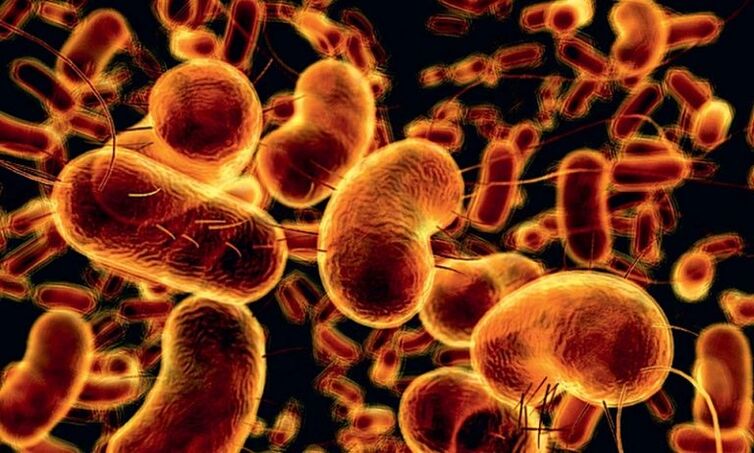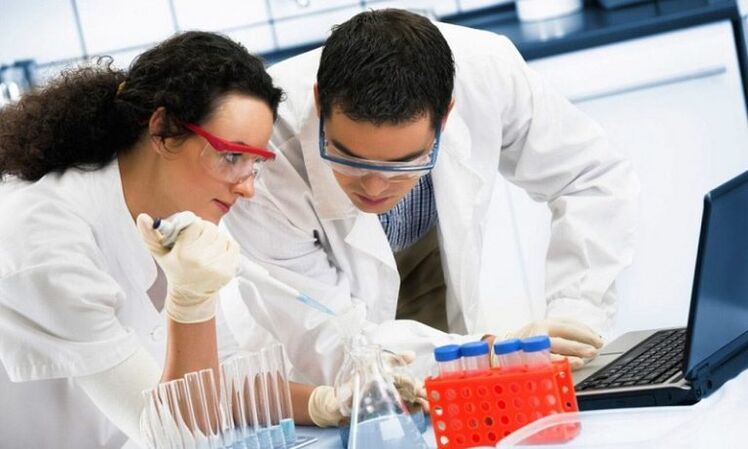For a male health specialist, the prostatitis treatment regimen is always extremely simple. The general rules are formed depending on the nature of the disease. Medicines can only differ if there is an individual difference between patients.
Of course, the type of pathogen of the pathology can also influence the therapeutic program for treating inflammation of the prostate gland. Prostatitis becomes a chronic form not only due to acute infectious inflammation. Often the cause is the viral form of the disease. Several nonspecific prostatitis are treated somewhat differently than bacterial ones.
Before choosing a treatment regimen, it is necessary to accurately and correctly diagnose the patient. That is possible only with the proper competence of the treating physician.
Infectious prostatitis
Several viruses can cause painful changes in the function and structure of the prostate gland. As a general rule, they are sexually transmitted and therefore are treated under the supervision of a dermatovenerologist.

The doctor, after prescribing laboratory tests, selects the necessary antiviral drugs for a particular case. They are often combined with antispasmodics. If chronic prostatitis is in an acute stage, it may be necessary to take pain relievers.
Outside of exacerbation, direct massage of the prostate gland is indicated. Such therapy helps to quickly remove fluids with pathogenic flora from the organ affected by the virus. Massage also reduces inflammation and stimulates proper prostate activity.
Bacterial prostatitis
The treatment regimen for prostatitis, which is bacterial in nature, should be based primarily on antibiotic therapy. In this case, antibiotics are the first line of treatment. It is the competent use of bacteriostatic and bactericidal drugs that contributes to the complete remission of symptoms of inflammation of the prostate gland.
Physical therapy is also an integral part of treating chronic prostatitis. Hardware influence procedures help to very gently and delicately influence the affected organ, restoring the health of the body.
In this case, not only the targeted impact is important, but the overall impact as well. After all, an effective treatment regimen for prostatitis always involves an integrated approach to the patient's health.
Candida prostatitis
Inflammation of the prostate caused by a fungal infection is treated in the same way as other forms of bacteria. However, in this case, more than ever, it is important to treat not only the man, but also his sexual partner.
After all, the Candida fungus is spread during sexual intercourse from woman to man. And from an infected man to a healthy couple. Contact with an untreated partner will void antibiotic therapy. Which may require the appointment of more aggressive drugs.

In the case of candidal prostatitis, the chronic form of this disease can even lead to the appointment of surgery. In fact, by multiplying, candida leads to structural pathological changes in the tissues of the prostate gland. The consequences are usually irreversible. The advanced form of the disease may even require the radical intervention of the surgeon and the removal of the organ affected by the fungus completely.
Calculous prostatitis
Congestion in the prostate can also have serious consequences and the need for intracavitary intervention. With timely medical care, laser or sound therapy can be dispensed with. It is important to convert stone deposits to sand in time, which can be naturally excreted from the body.
It is unacceptable to use prostate massage during the exacerbation of the chronic form of congestive prostatitis. It can provoke a change in the stony formations, which will lead to trauma to the vas deferens.
To normalize the level of salts in the body, a fairly strict diet is shown, which will exclude the possibility of the formation of new stones in the prostate ducts.
Chlamydial prostatitis
The specificity of this form of inflammation of the prostate gland depends on the nature of the pathogen. Chlamydia show signs of a bacterial and viral infection. Therefore, the treatment regimen for chronic prostatitis in this case is necessarily complex.

In this form of the disease, detailed clinical studies of prostate secretions and other test results are very important. After all, the appointment of a particular drug will directly depend on the duration and stage of the course of the disease.
Even antibiotic therapy, which is a priority in treating most types of prostatitis, may not be effective without detailed laboratory testing.


























